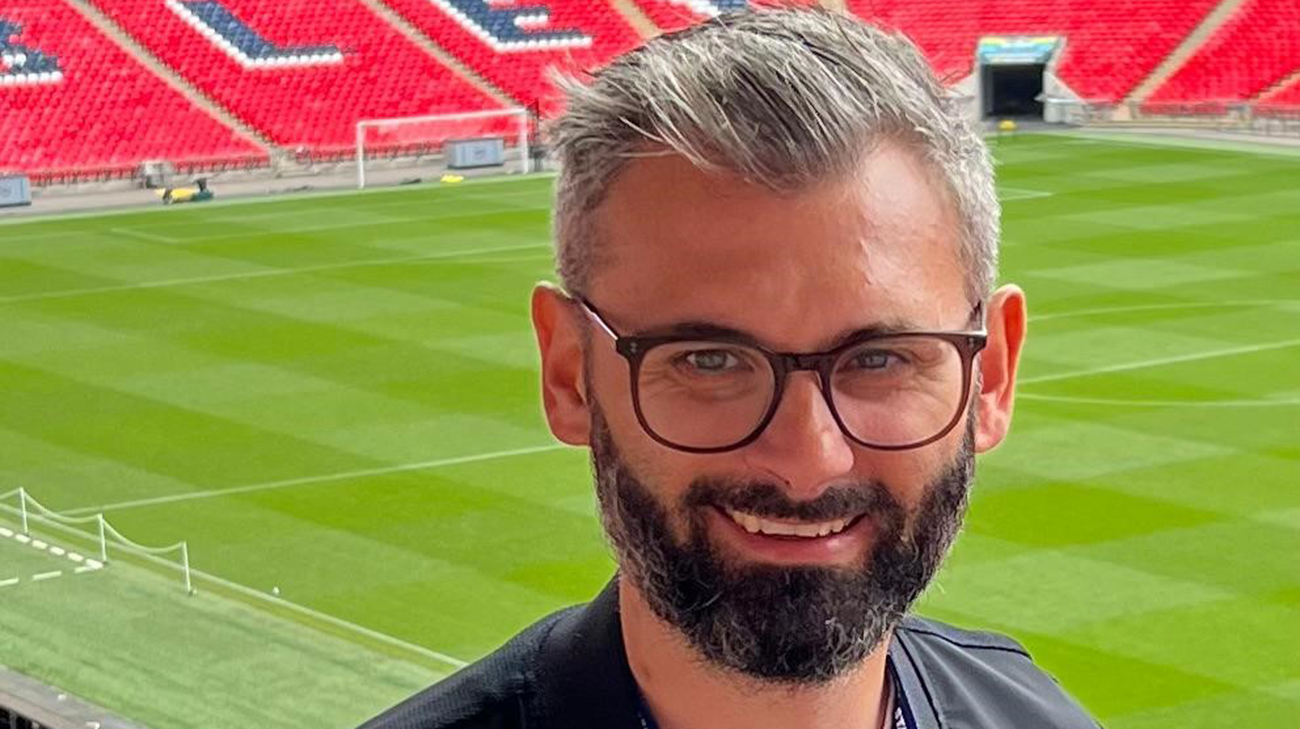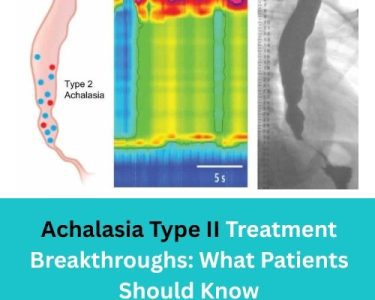Over the previous ninety-five days, Richard Tufano’s life has changed dramatically. After struggling with achalasia for years, a rare and crippling swallowing disorder, he underwent a minimally invasive oesophagectomy in February 2023, making him the first patient at Cleveland Clinic London to receive this treatment. Once upon a time, Richard’s daily struggles included severe indigestion, persistent trouble swallowing, and the feeling of food becoming trapped in his throat.
“I initially thought it was caused by poor eating habits, like eating late at night,” Richard says. “But it got so bad I couldn’t eat without drinking copious amounts of water, and I’d frequently cough up food.” His wife also noticed that he coughed a lot when he slept.
Richard says, “She urged me to get checked out.”
An endoscopy, a minimally invasive procedure that involves passing a thin, flexible tube down the oesophagus with a camera attached, is advised by doctors for the diagnosis and treatment of digestive issues. Richard was referred to Mr. Sacheen Kumar, a renowned upper gastrointestinal surgeon at Cleveland Clinic London, following two unsuccessful attempts at endoscopy because of food obstructions in his throat.
Richard had one of the worst cases of achalasia that he has ever seen, according to Mr. Kumar, who ran a battery of tests to rule out oesophageal cancer. These tests verified that Richard had end-stage achalasia, putting him at risk of major aspiration into his lungs due to a profoundly dilated oesophagus.
The Cleveland Clinic Complex Benign Upper Gastrointestinal Multidisciplinary meeting was where Mr. Kumar discussed Richard’s case due to the advanced stage of his illness. Ultimately, it was determined that an oesophagectomy—which entailed removing all or part of Richard’s oesophagus and transposing his stomach into his chest—was the only treatment option that would work.
“Richard was young and healthy, and I knew it would significantly improve his quality of life despite the enormity of the procedure,” Mr. Kumar states.
Richard’s COVID-19 positive test resulted in a postponement of the surgery, which was originally planned for December 2022.
Richard states, “Delaying the surgery had a tough psychological side effect.” “My wife, three kids, and I had all psychologically prepared. To fill in for me while I was in the hospital and recovering from surgery, my boss was flying in from Los Angeles. The bright side was that, despite feeling rather sick, I got to spend Christmas with my family at home.
Richard felt prepared for the procedure in February 2023. Richard received constant support and preparation from Mr. Kumar and his staff. Because of the severity of Richard’s oesophageal injury, the surgery required a complicated “pull-up” technique and took nine hours. Following significant thoracic surgery to remove the dilated oesophagus and link the stomach to the oesophagus with a join that was hand-stitched by Mr. Kumar, the initial portion of the procedure was performed laparoscopically to mobilize the stomach.
Richard stayed in the hospital for a total of two weeks following surgery. A consultant from the Upper GI Surgery team, who are all skilled in treating patients with intricate upper gastrointestinal disorders, reviewed him each day.
“The attention I received was outstanding.” Several others arrived to assist me. I had support and check-ins on a regular basis from nurses, physiotherapists, and dietitians,” he recalls. “My nurse was easily reachable by phone to answer any questions, even after I was discharged.”
A major turning point in his recuperation was when he went from liquids to soft foods, and he was soon able to eat regular foods with little to no difficulty. His feeding tube, which had been temporarily inserted in case he couldn’t eat with his mouth, was taken out after ten weeks.
“My sleep improved, and I no longer had reflux, regurgitation, or nighttime coughing,” claims Richard.
Richard still sees Mr. Kumar every three months today, making sure that any possible problems are taken care of right away — a sign of Cleveland Clinic London’s dedication to long-term patient care.
When Richard looks back on his trip, he thinks that Mr. Kumar’s knowledge and his capacity for empathy and communication were crucial.
“This is a life-changing event for me, but in Mr. Kumar’s world, these surgeries are fairly routine, so it was the care and approach he took with me that meant everything,” Richard adds. “He gave me hope that the surgery would go well and that I would be able to heal and lead a happy life.”
Related Article:




